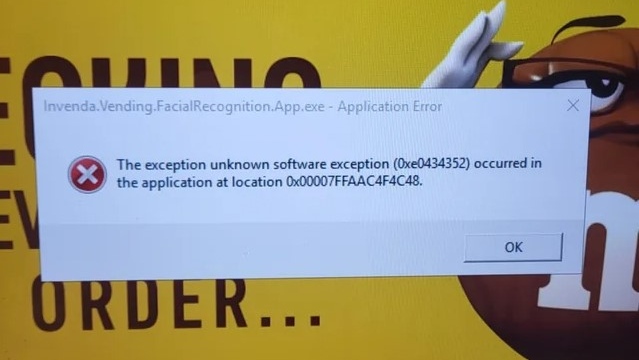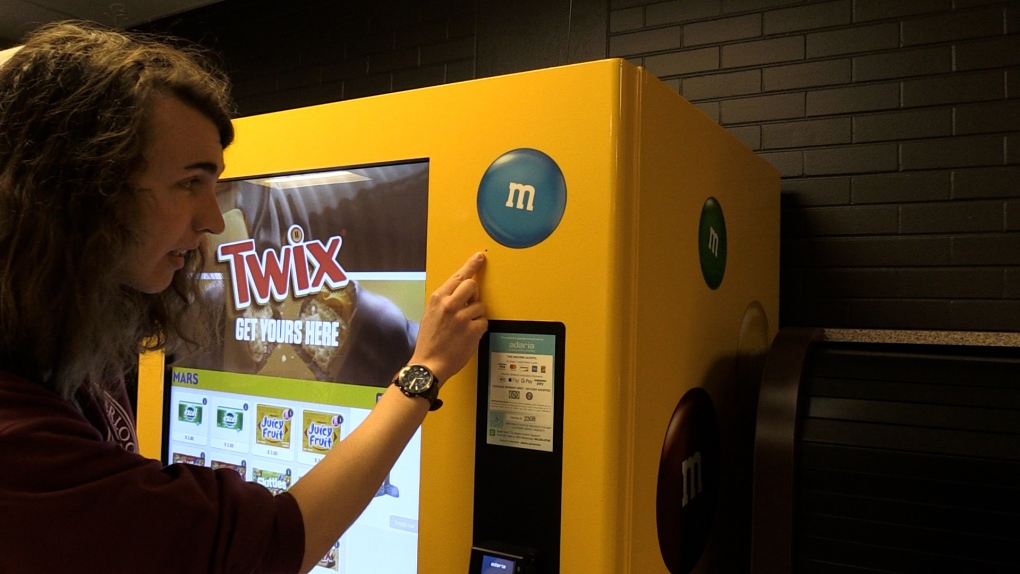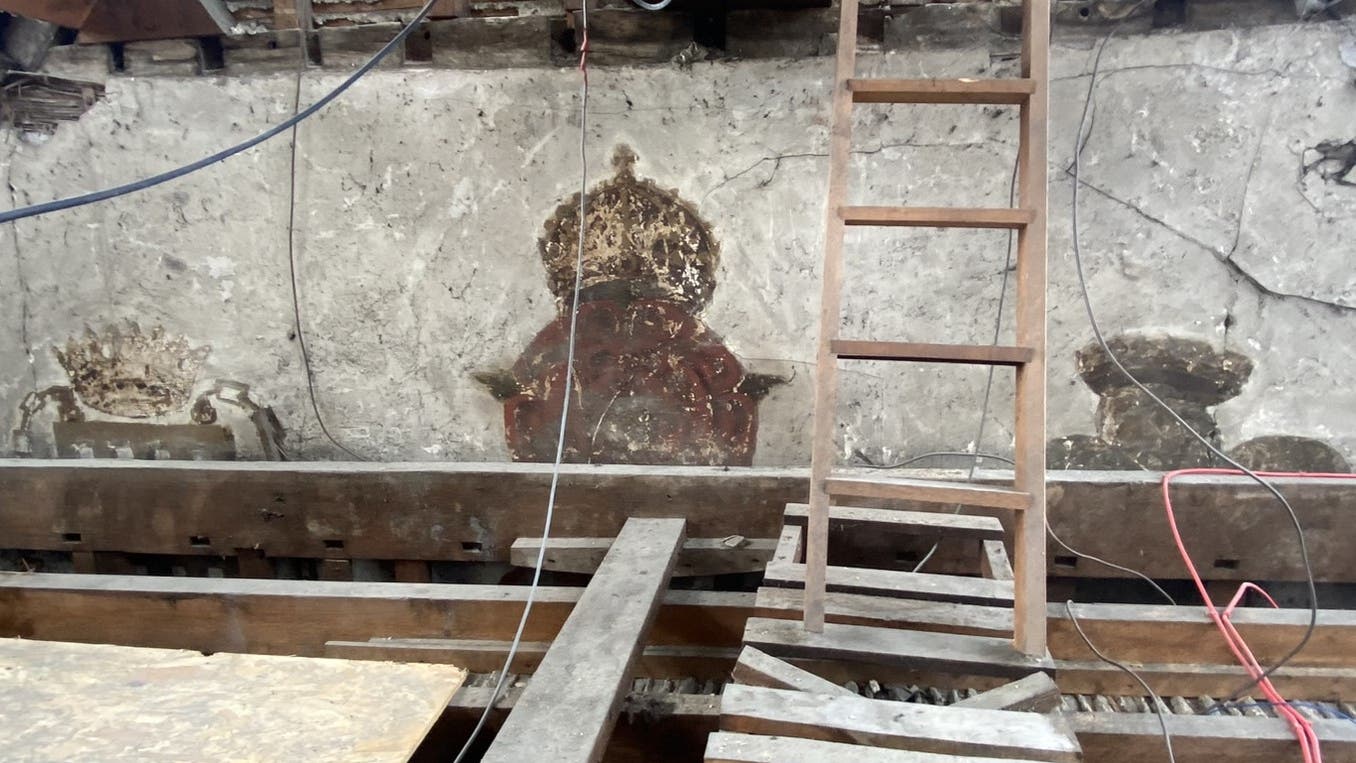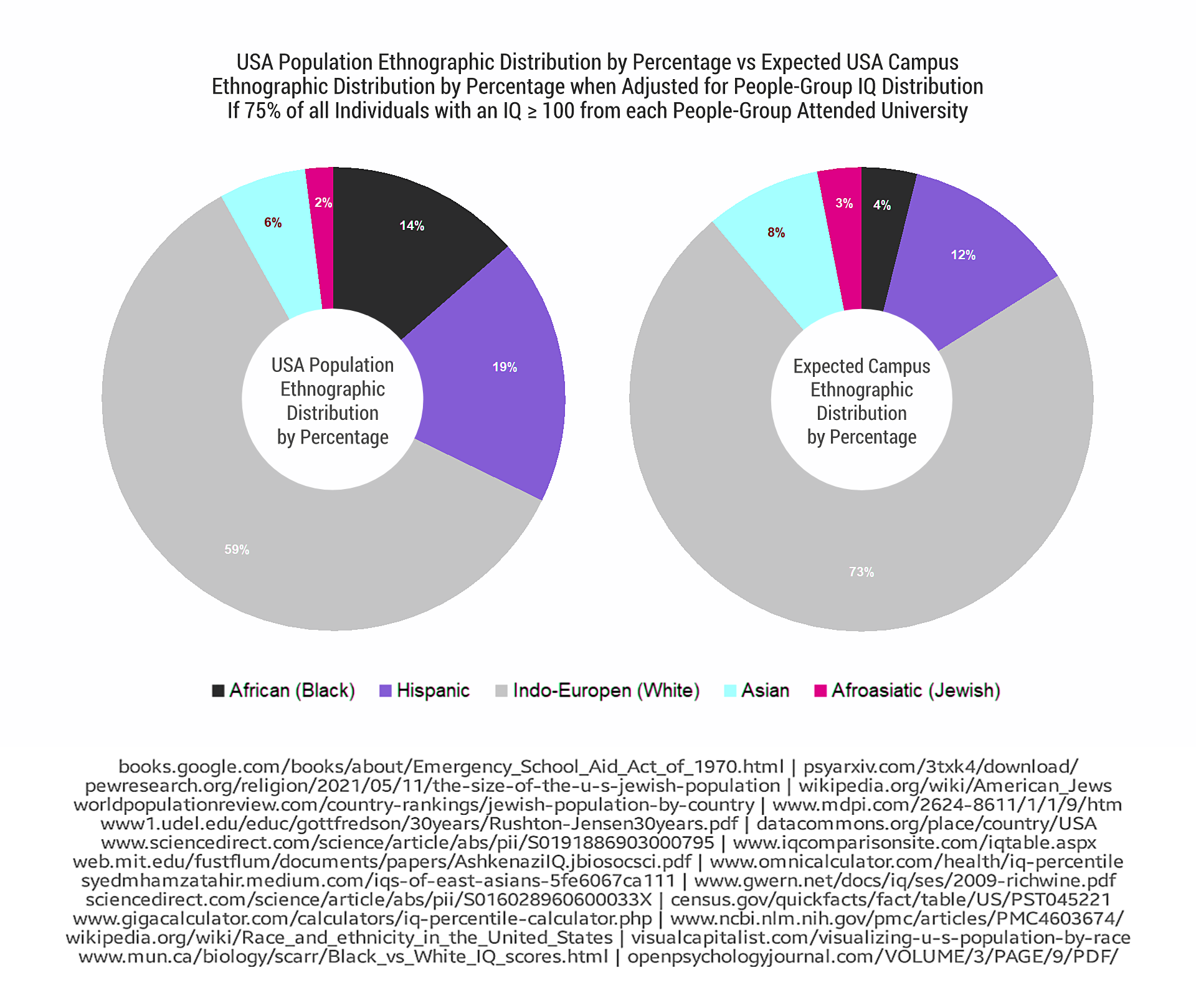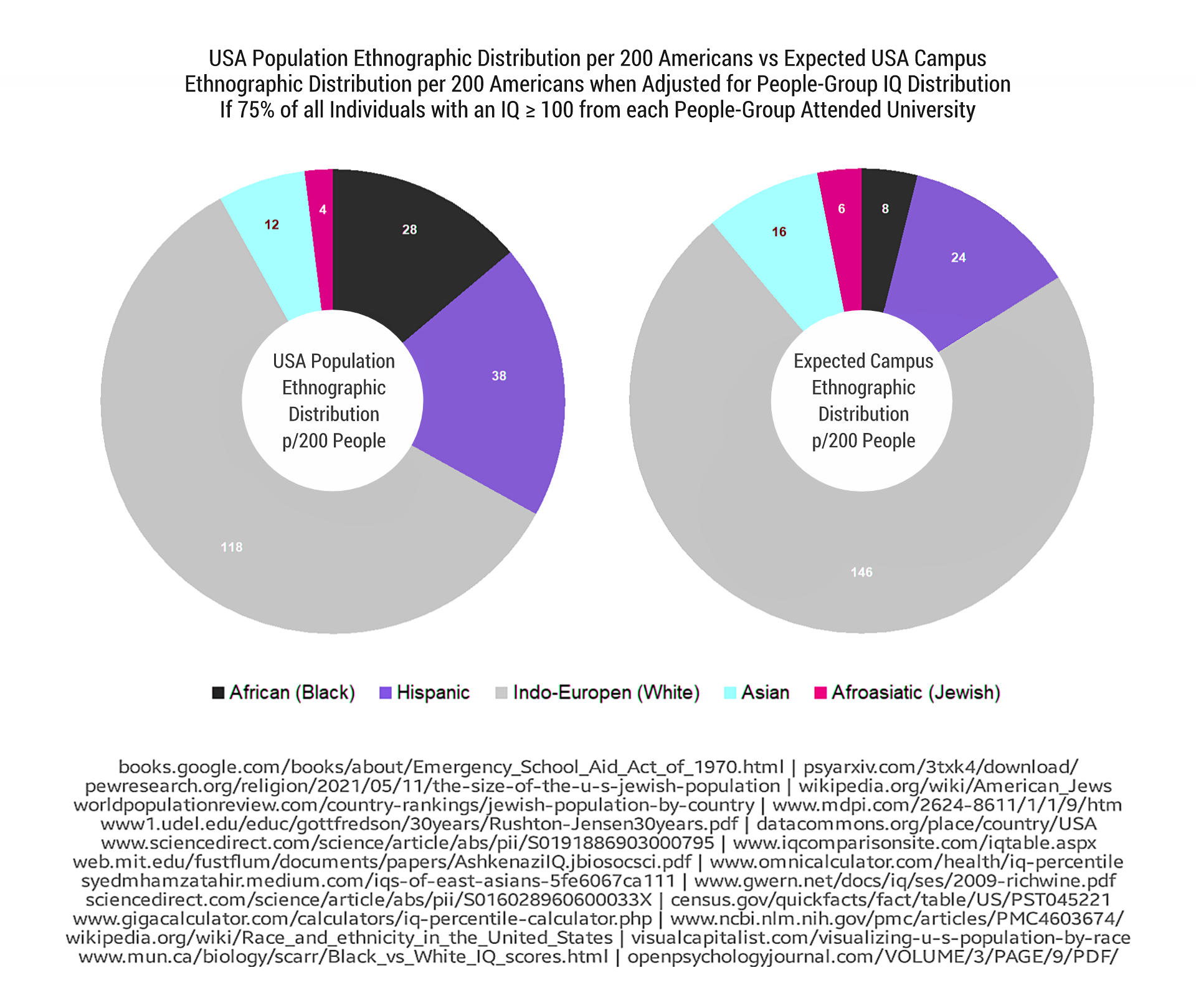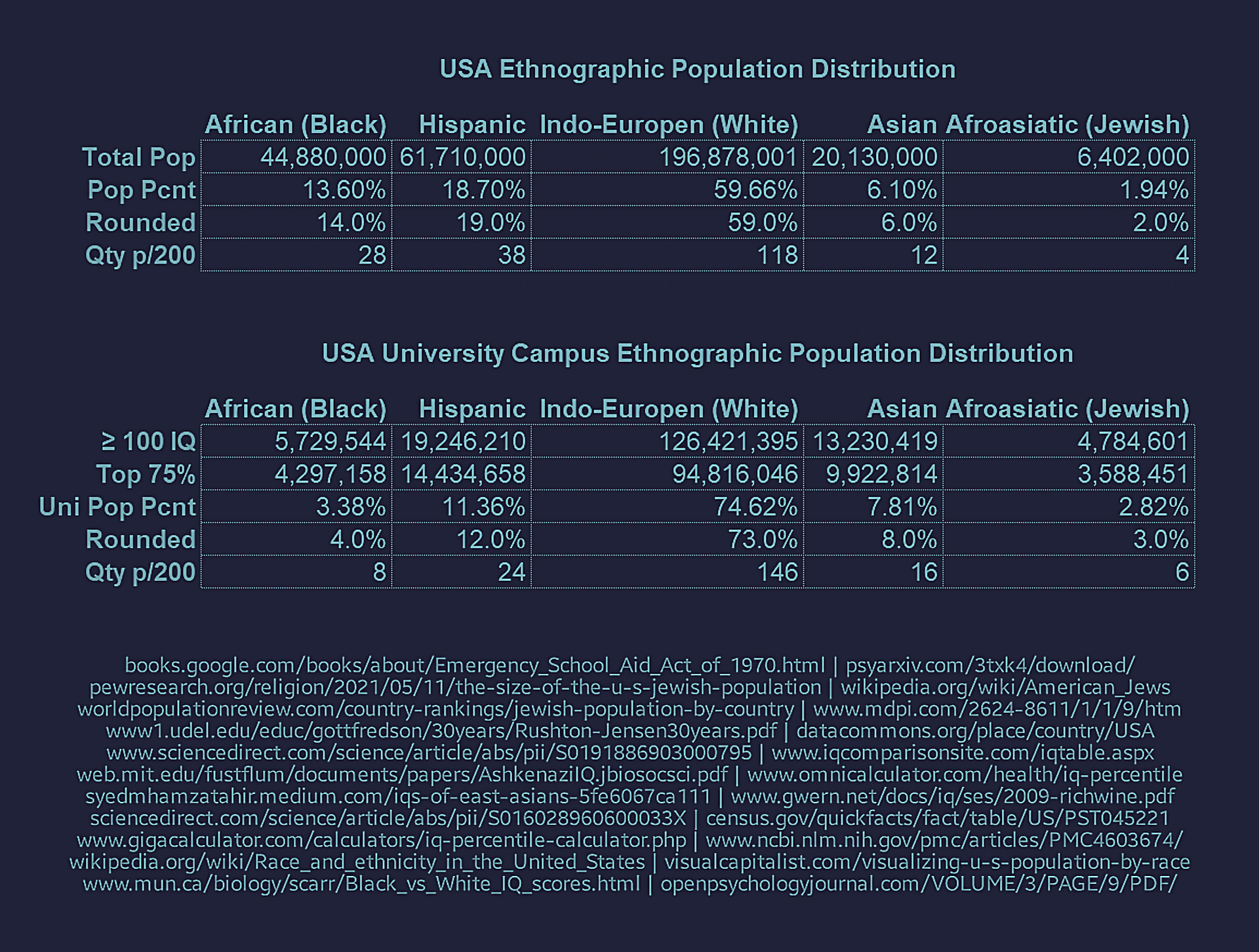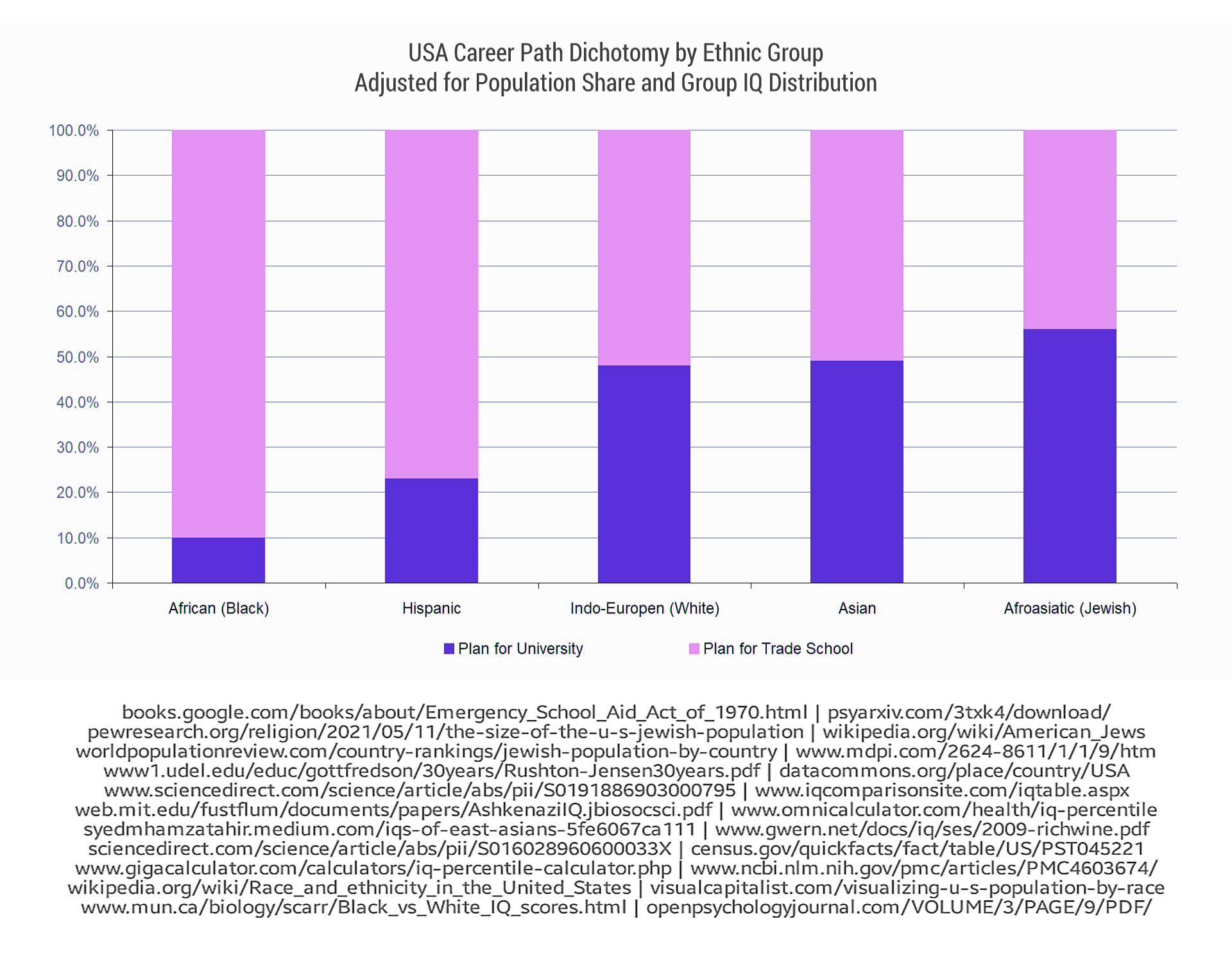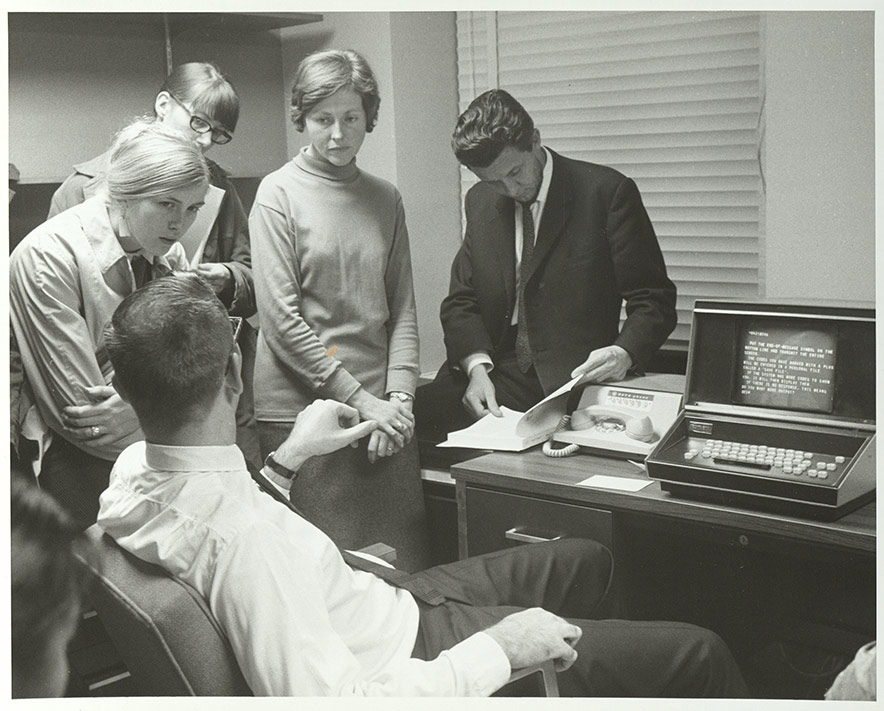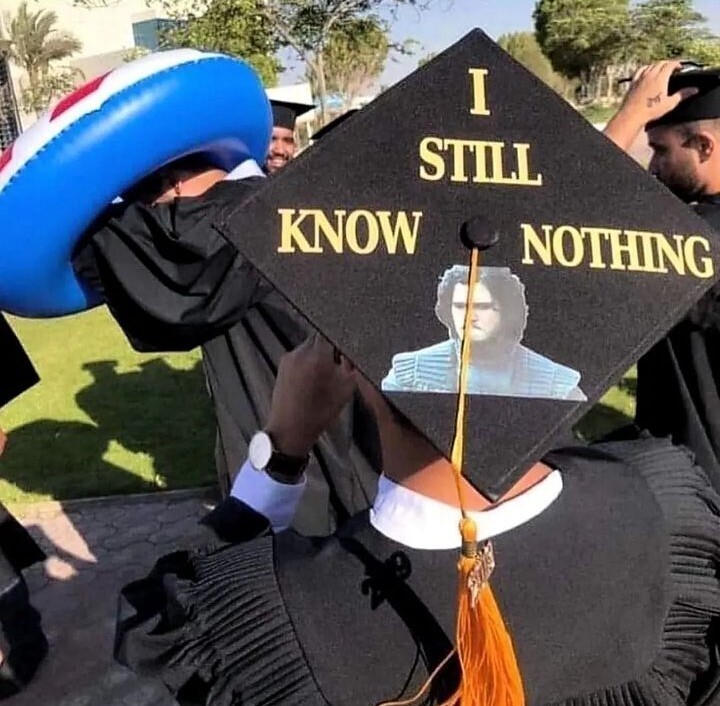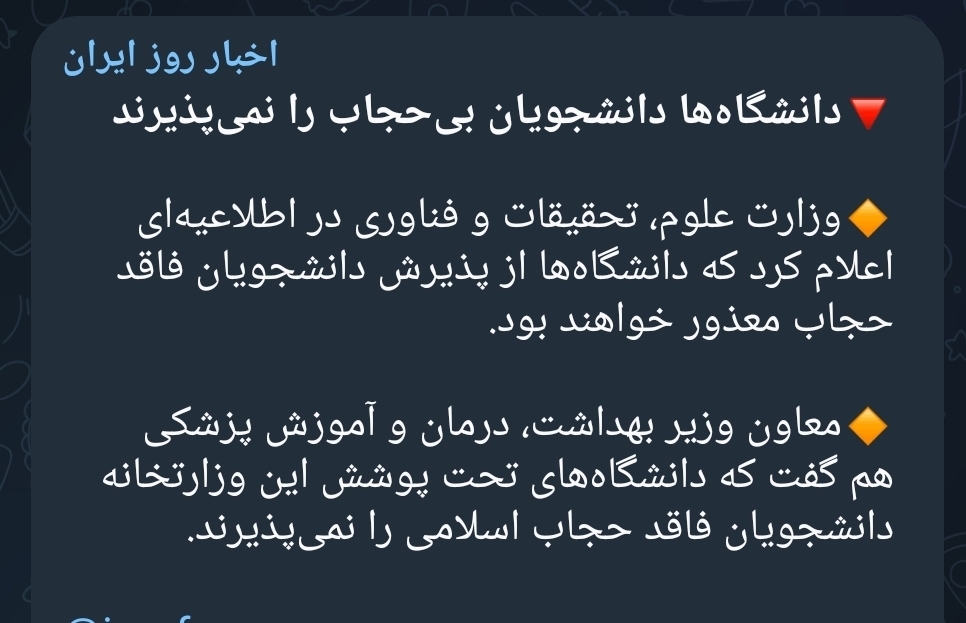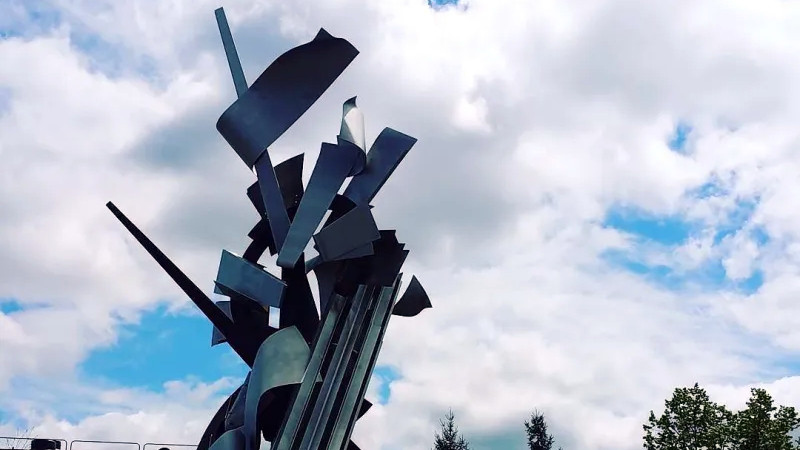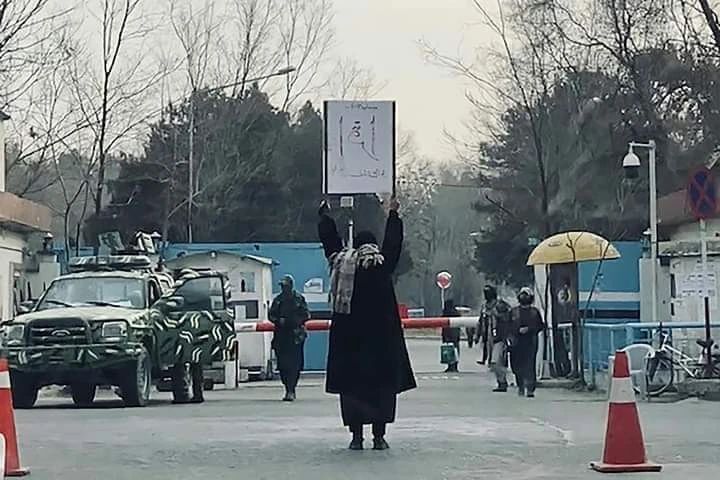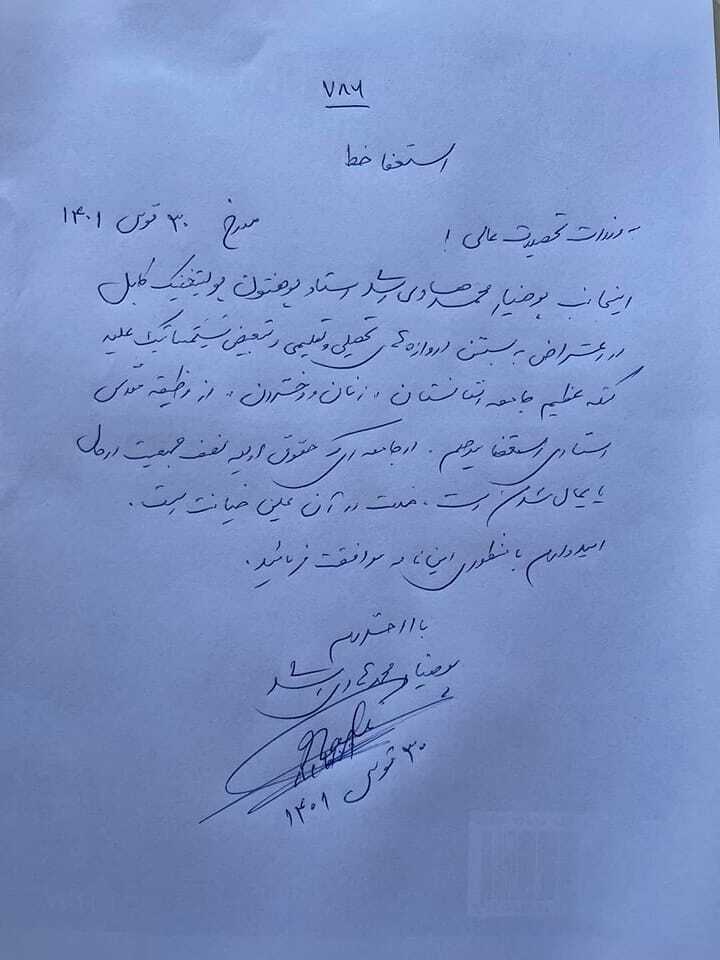There have been more reported incidents of antisemitism on British #university campuses in a month than there were in all of 2022. At #Oxford University, where I am an undergraduate, acts of hatred, misinformation and a lack of empathy when we are vulnerable have turned student spaces into places of hostility.
Our #Jewish Society president had the mezuzah (a protective Jewish prayer scroll) ripped from his door. At a freshers’ event, one Jewish friend told me that she was called a “coloniser” and “race traitor” (the latter by virtue of her non-European descent). I know male students who have removed their kippot (skullcaps) and others who have hidden their Stars of David. On Instagram, I saw students posting pictures of paragliders, celebrating Hamas’s massacre. I waited five long days for my university to condemn “appalling attacks by Hamas” and stress “that there is no place for antisemitism or hate of any faith at Oxford”. An Israeli student whose relatives were murdered at the Nova festival has returned home, telling me she felt safer there than on campus.
Beyond Oxford, Jewish students have experienced similar incidents of antisemitism. In Manchester, posters with the words “kill more Jews” and “Yids” have been displayed. On Instagram, a university Jewish society was sent the message: “Wherever you are in the world, we will take you out of your homes and perform a dance of victory and happiness over your bodies”; another was sent a threat, accompanied by a video of beheaded babies, reading: “You must be killed all of u till the last naziest of you” [sic]; a university rabbi received a direct message that said: “You massacred innocent Muslims, I hope you die too.”
...
The psychological toll is huge: I do not sleep well and cry often. There are friends and tutors who have acknowledged my pain and their empathy has overwhelmed me. When a friend messaged offering to take notes if I felt unable to attend lectures, my eyes filled with tears. So I know it is possible for people to react differently, to not be led by preconceived notions about this conflict that harbour racism or a binary idea of who is good or bad. I urge fellow students, instead, to see us as just that – fellow citizens whose distress and pain must be taken at face value and countered with kindness, compassion and conversation in which no party experiences fear.

